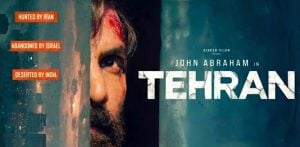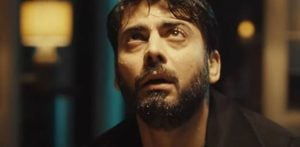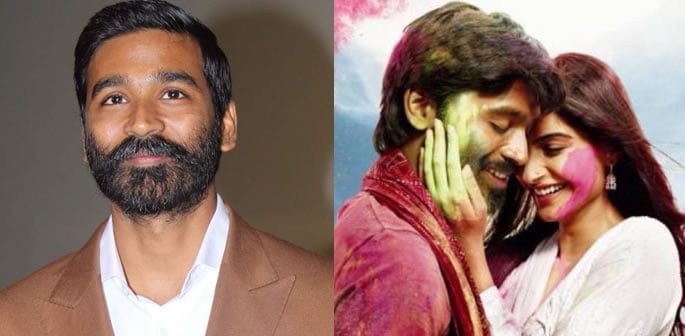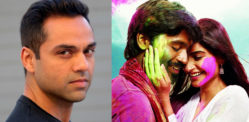"This alternate ending has stripped the film of its very soul"
Dhanush has condemned the AI-altered re-release of Raanjhanaa, calling the modified ending a violation of the film’s essence.
In a statement, he criticised Eros International for moving ahead with an alternate climax despite his objections.
He wrote: “The re-release of Raanjhanaa with an AI-altered climax has completely disturbed me.
“This alternate ending has stripped the film of its very soul, and the concerned parties went ahead with it despite my clear objection.
“This is not the film I committed to 12 years ago.
“The use of AI to alter films or content is a deeply concerning precedent for both art and artists.
“It threatens the integrity of storytelling and the legacy of cinema.
“I sincerely hope that stricter regulations are put in place to prevent such practices in the future.”
In the 2013 film, Kundan (Dhanush) is shot and dies after Zoya (Sonam Kapoor) rushes to his side in the ICU.
But in the AI-edited ending, Kundan survives the shooting. Bindiya (Swara Bhasker) and Murari (Mohammed Zeeshan Ayyub) react with joy.
For the love of cinema ? pic.twitter.com/VfwxMAdfoM
— Dhanush (@dhanushkraja) August 3, 2025
Director Aanand L Rai previously hit out at the altered ending:
“The past three weeks have been surreal and deeply upsetting.
“To watch Raanjhanaa, a film born out of care, conflict, collaboration, and creative risk, be altered, repackaged, and re-released without my knowledge or consent has been nothing short of devastating.
“What makes it worse is the complete ease and casualness with which it’s been done.
“And yet, in the middle of all this, the support and solidarity from the industry, our audiences, and the larger creative community has reminded me of what Raanjhanaa stood for in the first place – connection, courage, and truth. I’m deeply grateful for that.
“I had no role in it. Neither did the team that made the film. And whatever it claims to be, it is not the film we intended, or made.
“This was never just a film to us. It was shaped by human hands, human flaws, and human feeling. What’s now being circulated is not a tribute. It is a reckless takeover that strips the work of its intent, its context, and its soul.
“The idea that our work can be taken and modified by a machine, then dressed up as innovation, is deeply disrespectful.
“To cloak a film’s emotional legacy in a synthetic cape without consent is not a creative act.
“It’s an abject betrayal of everything we built.”
Despite the controversy, Eros defended the re-release and accused Aanand of using Raanjhanaa‘s intellectual property in his upcoming film Tere Ishk Mein.
A cease-and-desist notice demanded that Aanand and his company “immediately cease unauthorised references, marketing, and creative use of any derivative elements of Raanjhanaa“.
Eros also disputed claims that Aanand had personally invested in the 2013 production, calling them “factually inaccurate and legally inconsequential”.
The clash highlights growing industry unease over AI’s role in altering cinematic works, raising questions about creative ownership and the protection of artistic legacy.






























































